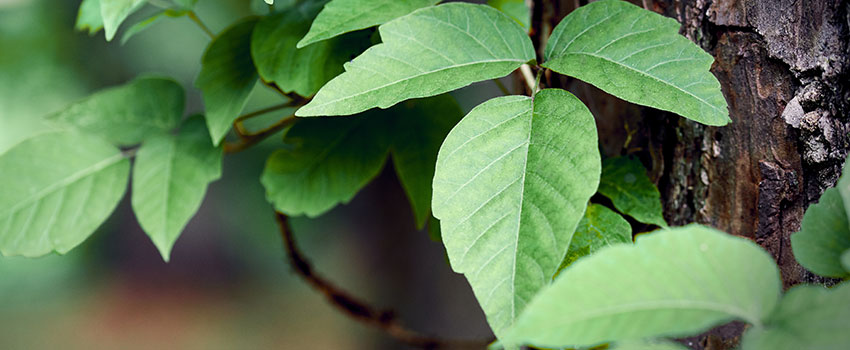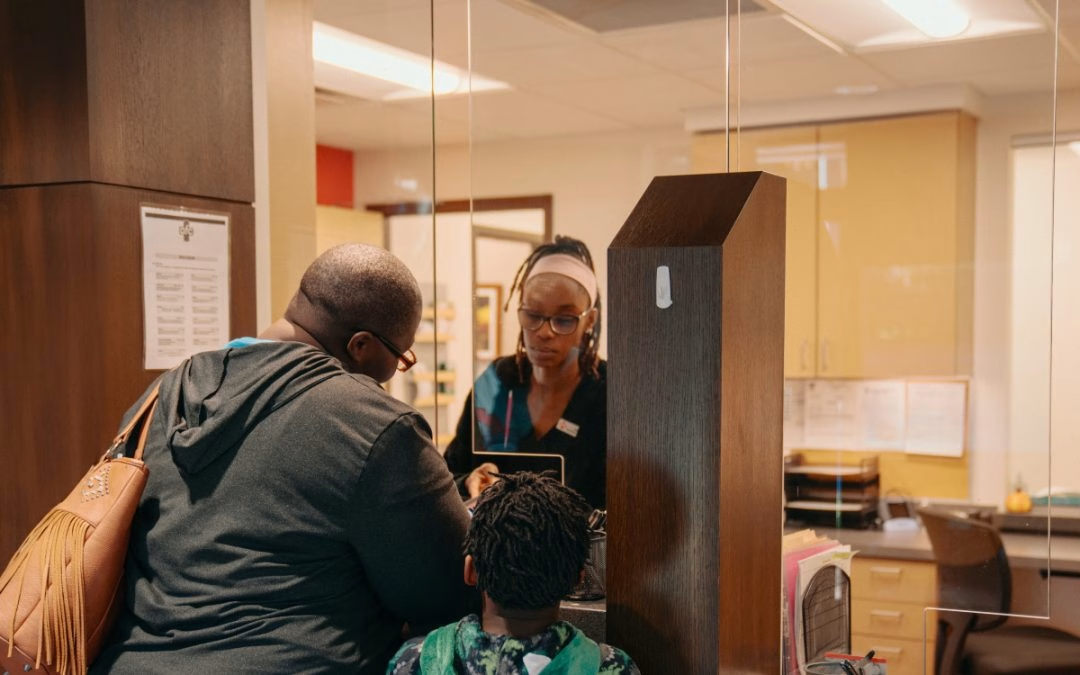
Anyone who is allergic to poison ivy, oak and sumac knows that they are some of the most fearsome plants around. While there is a small percentage of people who are not allergic, for most of us, coming into contact with these plants means an itchy rash that is uncomfortable and last for days. But is it possible to spread poison ivy rashes to those who have not come into contact with the plant? Today our team at AFC Urgent Care Sevierville breaks down what causes poison ivy rashes and how it is spread, so you can keep everyone in your household safe.
Can I Spread Poison Ivy Through My Household?
Contrary to popular belief, these rashes are not actually contagious. Those who are allergic to these poisonous plants are actually allergic to a specific oil it secretes, called urushiol. While you can come into contact with urushiol from clothes, shoes and other objects that have come into contact with these poisonous plants, you can’t actually get poison ivy from someone else’s rash as long as they have thoroughly cleaned the impacted area.
Types of Reactive Plants
- Poison ivy
- Poison oak
- Poison sumac
What Should I Do If I Get a Poison Ivy Rash?
While poison ivy rashes are certainly uncomfortable, in most cases, they can be effectively treated at home. If you have fever, excessive swelling or a rash lasting longer than seven days, you should seek medical treatment, but if not, some basic care can usually handle poison ivy.
How to Treat Poison Ivy Exposure
- Use calamine lotion or over the counter itch creams to soothe the area.
- Apply cold packs or ice to provide relief for blisters.
- Take an oral antihistamine to provide itching relief if the rash is interfering with your sleeping.
If your poison ivy has persisted or become severe, we can help you. Contact your AFC Urgent Care Sevierville team today to schedule an appointment.


